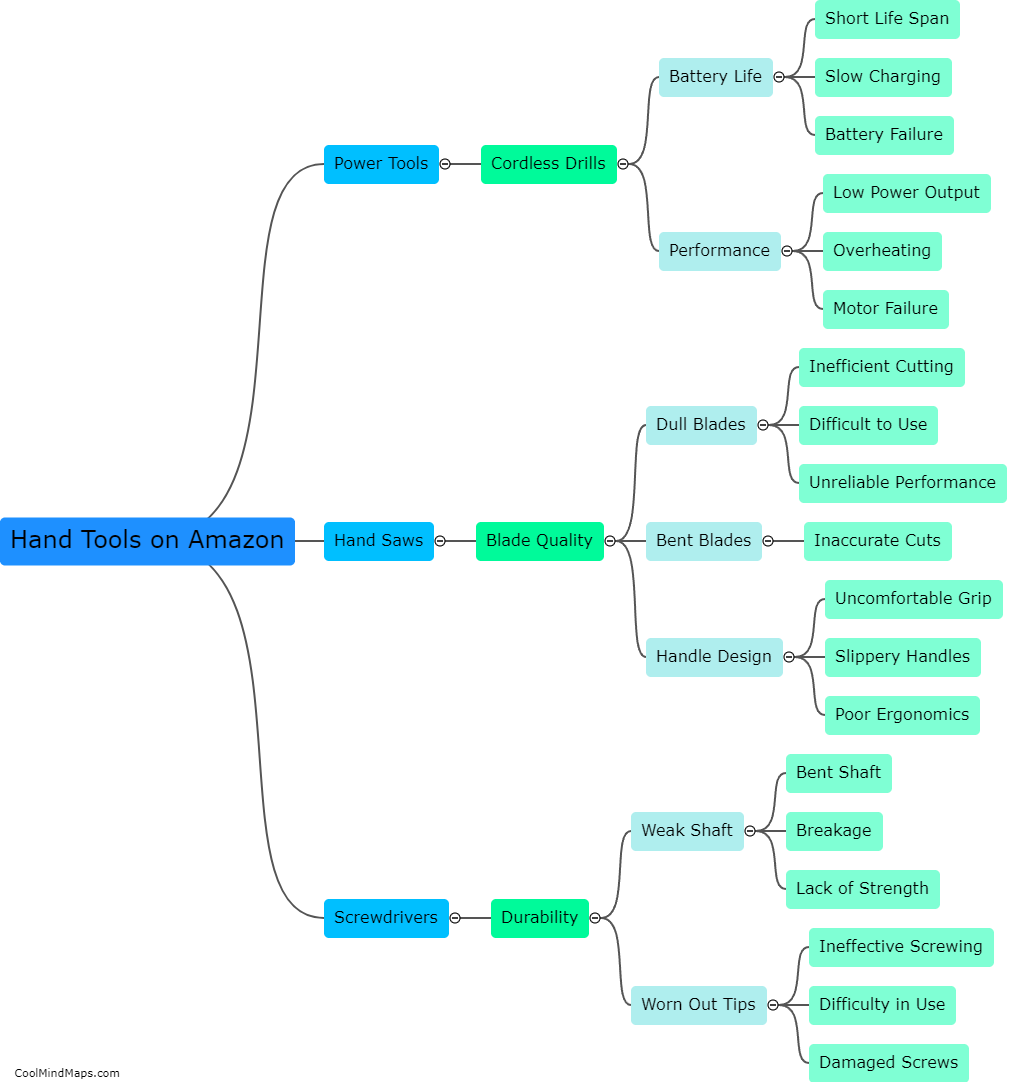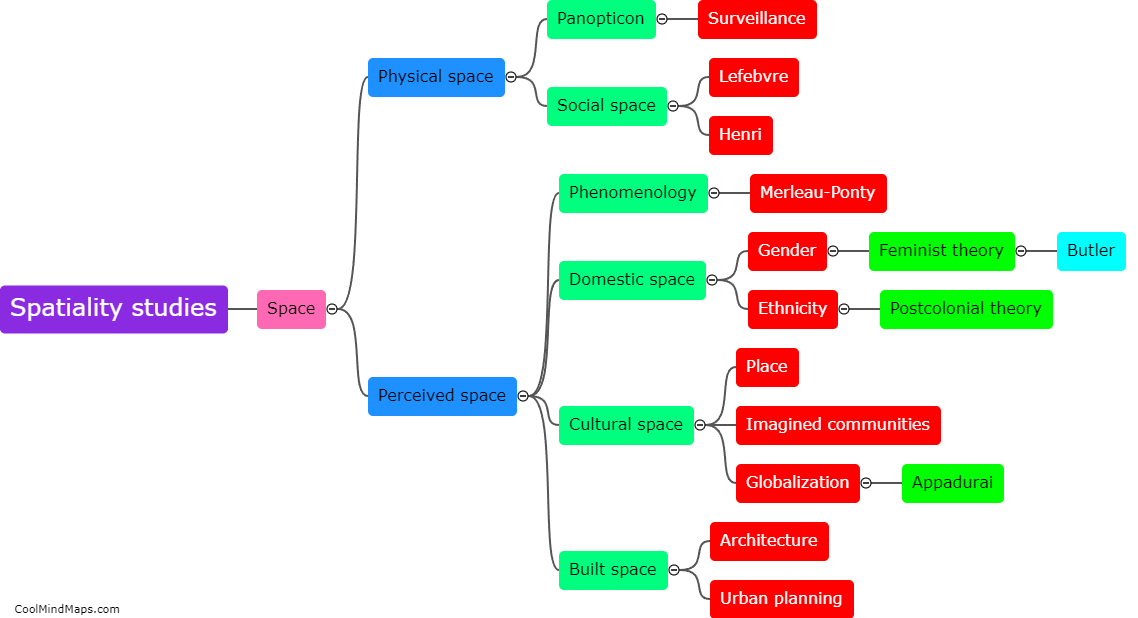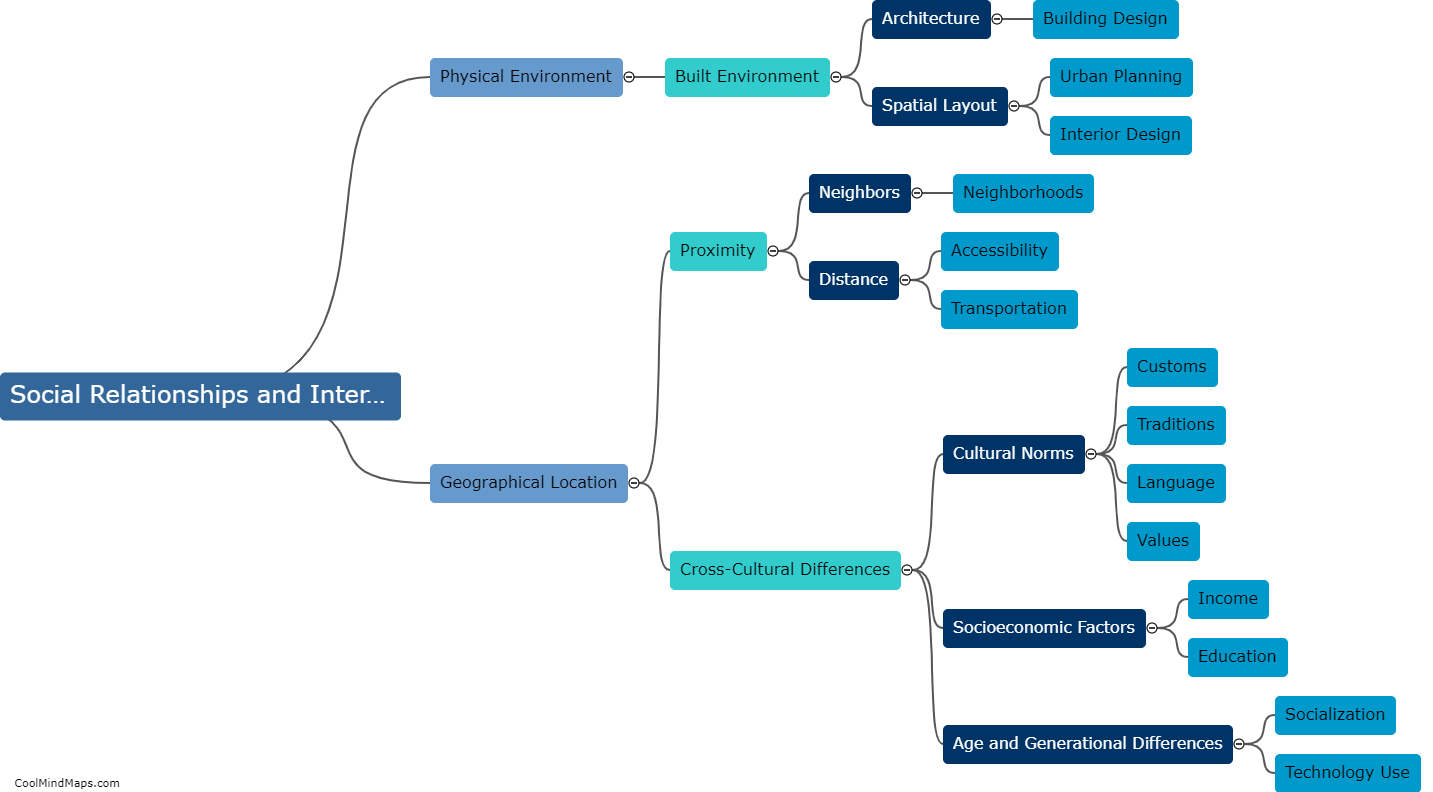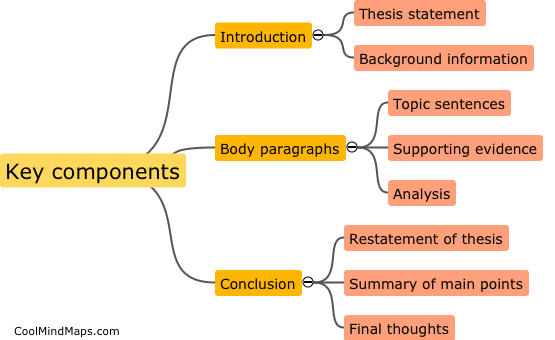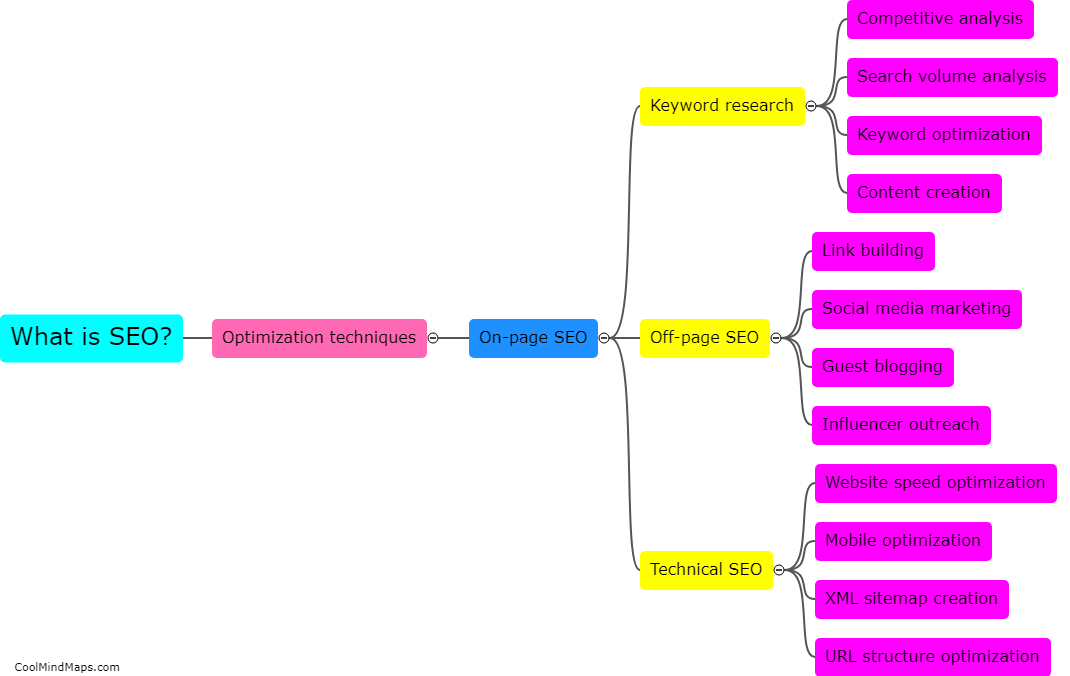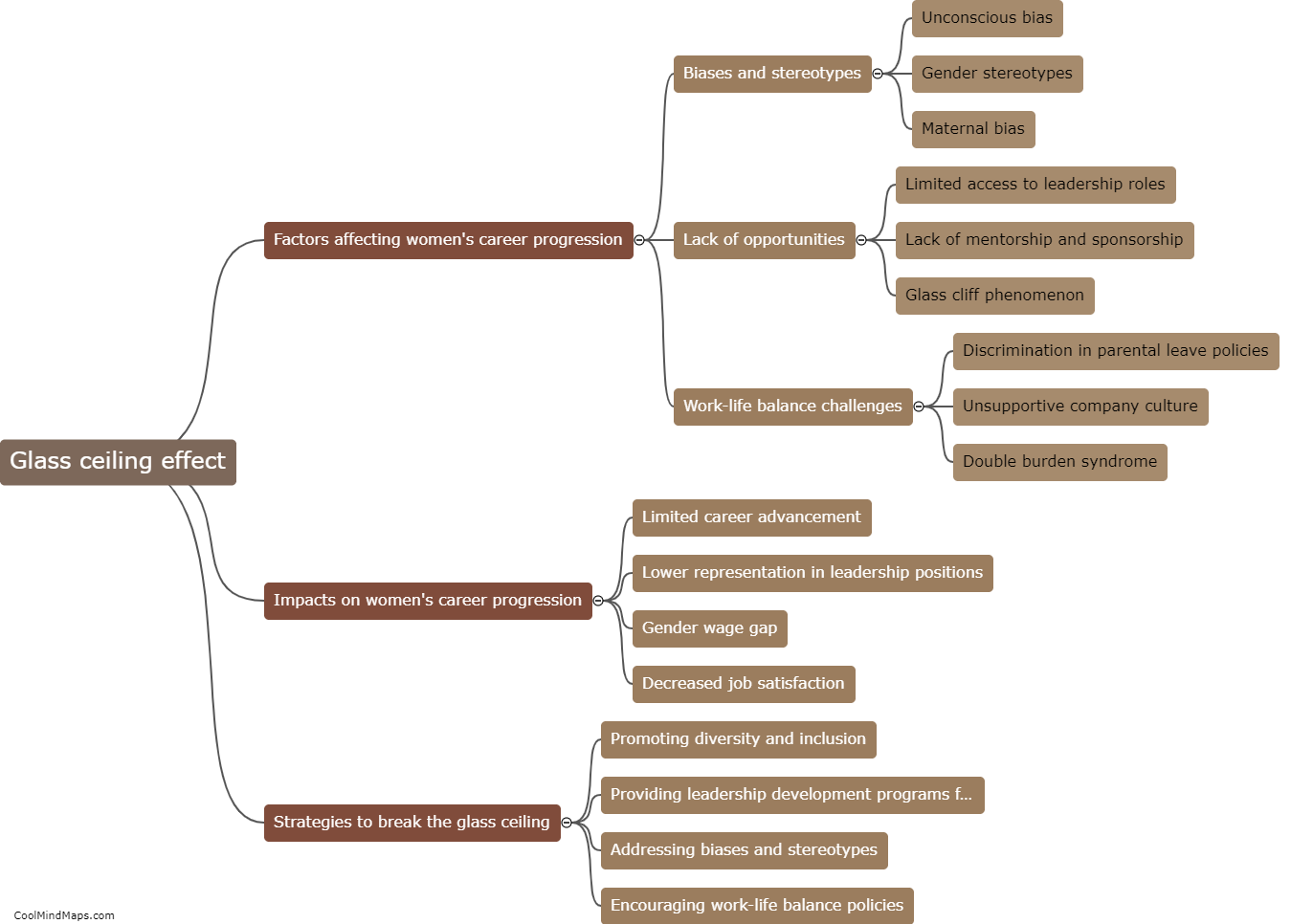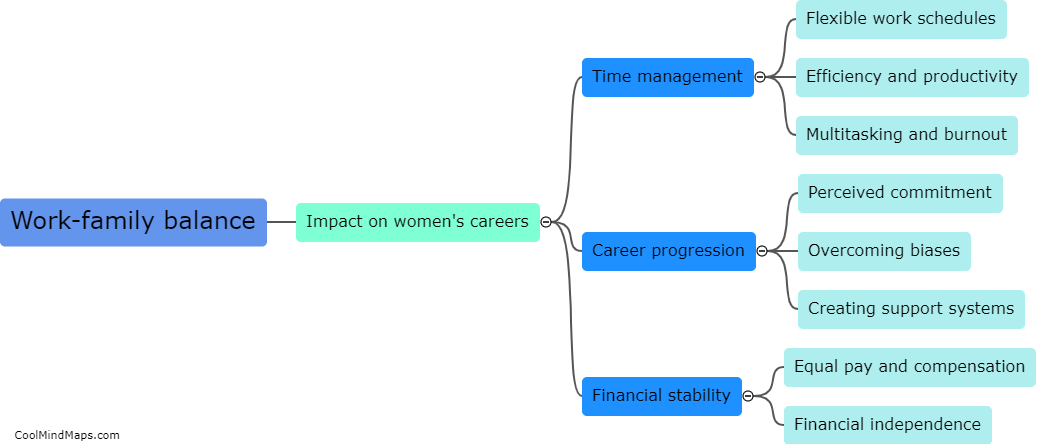What are the key elements of onpage SEO?
On-page SEO refers to optimizing individual web pages to improve their visibility and rankings on search engines. There are several key elements that contribute to effective on-page optimization. Firstly, keyword optimization involves strategically placing relevant keywords throughout the page's content, title, headers, meta tags, and URL. Secondly, high-quality and engaging content plays a crucial role in SEO. The content should be well-written, informative, and capable of satisfying the user's search intent. It should also include multimedia elements such as images or videos to enhance user experience. Thirdly, ensuring proper HTML tags and structured data is important for search engines to understand and index the page better. This includes using appropriate header tags (H1, H2, etc.), meta tags, and alt text for images. Finally, optimizing the page's loading speed, improving mobile-friendliness, and creating a user-friendly website design are important factors for a positive on-page SEO. Overall, balancing user experience with optimization techniques is key for effective on-page SEO.

This mind map was published on 16 August 2023 and has been viewed 102 times.


